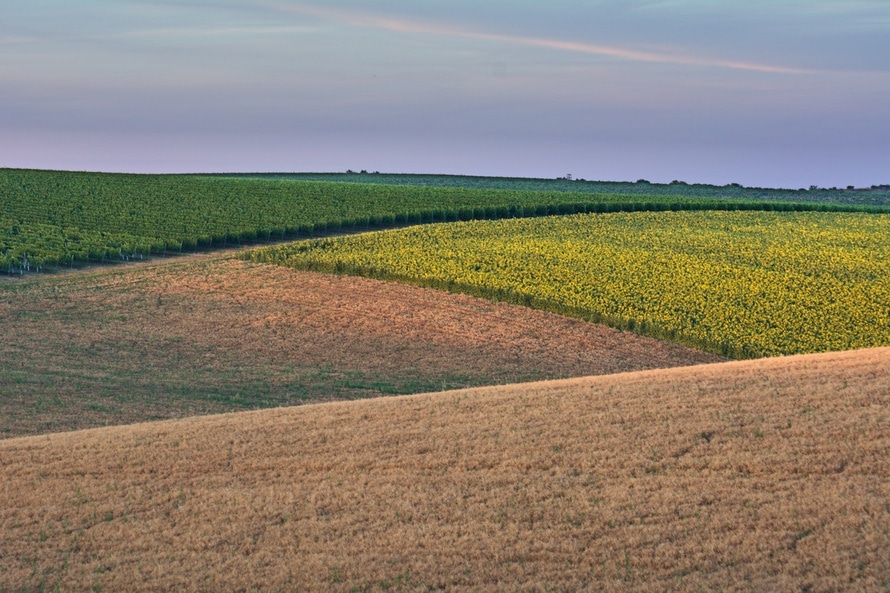The farm-to-table movement of sourcing food locally in the restaurant industry promotes the use of fresh ingredients and the local farms those ingredients come from. Another movement is becoming increasingly more popular, this time in the beverage industry. The farm-to-keg trend – or farm-to-glass – is being tapped into by many small craft brewers across the country.
Farm-to-keg is the practice of breweries growing and using their own ingredients on farms they own themselves. By having more control over the brewing process, farm breweries can produce distinct beers found only at their brewery and fully take advantage of their own terroirs or microclimates, giving craft beer an almost wine-like quality.
For example, in the state of New York alone, 43 farm breweries opened in 2015. A number of these breweries include taprooms for customers to drink right on the spot, making the farm-to-glass process even faster!
Benefits of Farmstead Brewing
Instead of paying competitive costs to have a beer’s main ingredients shipped in from outside sources, small breweries are buying farmland to grow their own hops or barley. Sustainability is crucial in today’s world, as are rising prices of ingredients, and the farm-to-keg trend helps reduce a brewery’s carbon footprint and overall costs. In some cases, beer makers are building their breweries right on the farm. That’s one easy commute!
This practice ensures several things. First, these small breweries will not have to worry about a supplier raising prices or suffering a shortage in materials. The brewers essentially control the brewing process from start to finish. Another benefit that’s more far-reaching is the creation of jobs and opportunities for the communities in rural areas, where many of these farmstead breweries are located.
Why Ingredients Are Important in Brewing
Craft beers are created to stand out, to be unique and to tell a story about their creation. Farm breweries that grow their own hops and other ingredients are doing just that. Much like wine, this allows for brewers to create a craft beer that exhibits a local flavor from their region. Growing a certain hop variety that is not only specific to the region, but unique just to that farm, creates a one-of-a-kind beer.
Hops affect a beer’s taste, aroma and bitterness. Every beer has a different characteristic, and with so many styles of hops, farm breweries can cultivate and produce craft beers to their exact specifications. To coincide with other beer trends, such as the inclusion of ingredients like fruits, brewers can grow a number of crops to include in their different beers. In the fall, they can actually grow their own pumpkins to use in their pumpkin beer. What a concept!
Just as there is a science to growing and brewing beer ingredients, the science of delivering beer is equally important.
Getting the beer from the farm to the glass requires more than just brewing, though. You also need the right equipment to deliver that beer. Read the Art and Science of Perlick Beer Systems and discover how the keys to consistently pouring the perfect glass of beer starts the right beer dispensing equipment.








